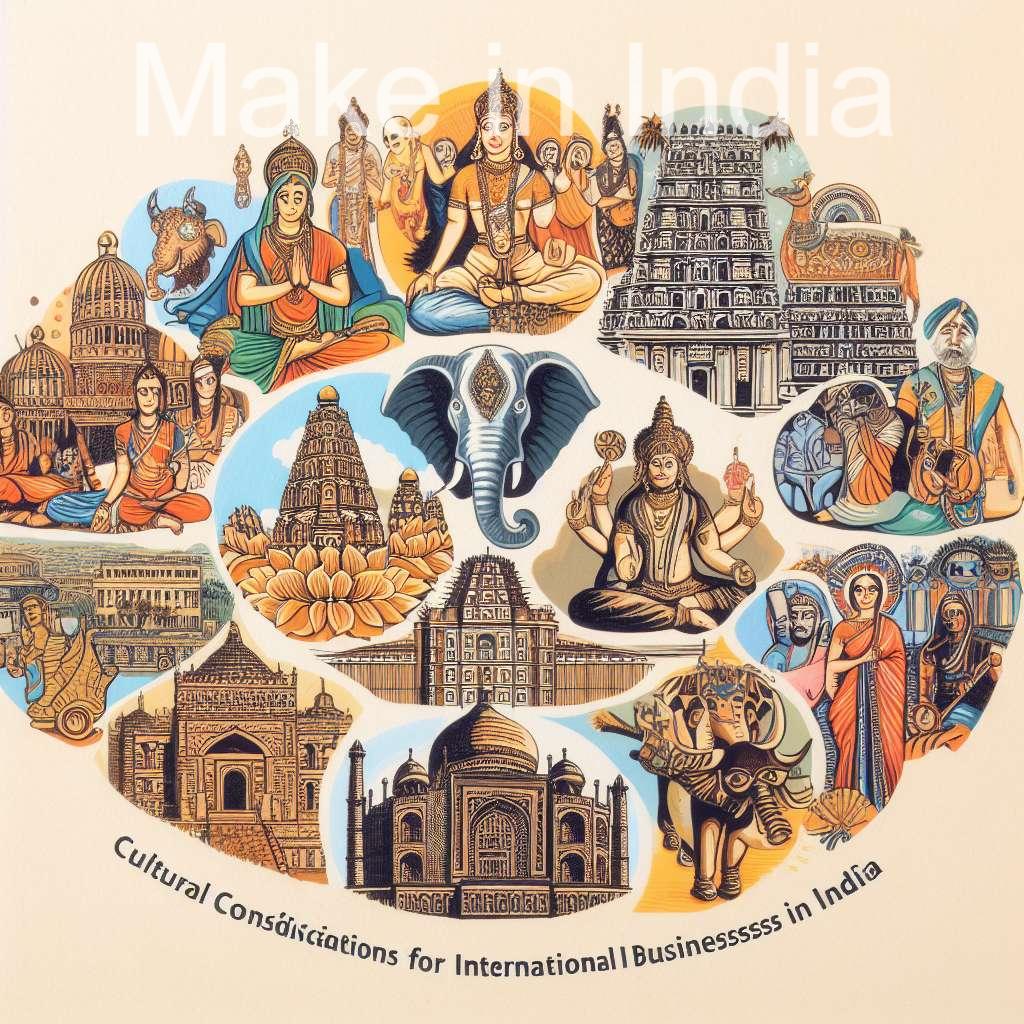Stepping into the Indian workplace is like taking a vibrant tour through a tapestry of cultures and traditions. Understanding and respecting local business etiquette is not just a formality; it’s the key to building trust, forging successful partnerships, and navigating the nuances of this dynamic professional landscape.

First Impressions Matter:
- Greetings: Ditch the handshake and embrace the warmth of the “namaste,” a slight bow with palms pressed together. Respect hierarchy and greet senior colleagues first. Avoid physical contact like hugs or back pats.
- Punctuality: While strict timekeeping is important, flexibility is expected. Be prepared for slight delays and schedule meetings accordingly. Arriving late without prior notice, however, is considered disrespectful.
- Dress Code: Dress professionally but conservatively. Opt for muted colors and avoid revealing clothing. Women should dress modestly, covering shoulders and knees. Appearances matter greatly in Indian business culture.
Communication with a Cultural Twist:
- Directness vs. Delicacy: Indians often favor indirect communication over bluntness. Be patient and attentive to subtle cues, as direct criticism can be seen as offensive. Expressing disagreement subtly while offering alternative solutions is key.
- The Power of Relationships: Building strong relationships is central to Indian business culture. Take time to develop rapport, engage in small talk, and show genuine interest in your colleagues. Trust and personal connections pave the way for successful collaborations.
- Honoring Hierarchy: Respect for hierarchy is deeply ingrained in Indian society. Address senior colleagues using appropriate titles (Mr., Ms., Dr.) and defer to their expertise. Avoid interrupting or speaking over superiors.
Dining for Deal-Making:
- The Art of Hospitality: Food takes center stage in Indian culture. Be prepared to be showered with hospitality and accept invitations to lunches or dinners. Refusing food can be seen as a sign of disrespect.
- Etiquette at the Table: Wait for your host to begin eating before starting yourself. Use your right hand for eating, as the left is considered unclean. Don’t be surprised if vegetarian options are limited; respect dietary restrictions if announced.
- Conversation Over Cuisine: Mealtimes are not just for food; they’re opportunities for informal discussions and relationship building. Engage in polite conversation, avoid sensitive topics like religion or politics, and enjoy the cultural exchange.

Beyond the Boardroom:
- Understanding Gifts: Gift-giving is a common gesture in India. Accepting small tokens of appreciation like sweets or flowers is expected. If offering gifts, choose culturally appropriate items like handicrafts or chocolates.
- Festivals and Celebrations: India is a land of vibrant festivals. Be aware of major holidays and celebrations, and acknowledge them with warm wishes or small gestures. This shows respect for local traditions and strengthens your bond with colleagues.
- Embracing Diversity: India is a land of diverse languages, religions, and customs. Be open to learning about your colleagues’ backgrounds and cultures. Show genuine interest and avoid making generalizations or stereotypical assumptions.
Remember:
- This is a general overview. Specifics may vary depending on region, industry, and individual preferences.
- Always observe and learn from your colleagues. They are the best source of guidance on navigating the nuances of Indian business etiquette.
- Be patient, adaptable, and willing to embrace cultural differences. Showing respect and genuine interest go a long way in building successful relationships and achieving business goals in India.
By bridging cultures and navigating the intricacies of the Indian workplace, you can not only secure deals and gain respect, but also embark on a enriching journey of understanding and appreciation for this diverse and dynamic land. So, open your mind, embrace the warmth of Indian hospitality, and watch your business relationships flourish in this vibrant tapestry of cultures and traditions.